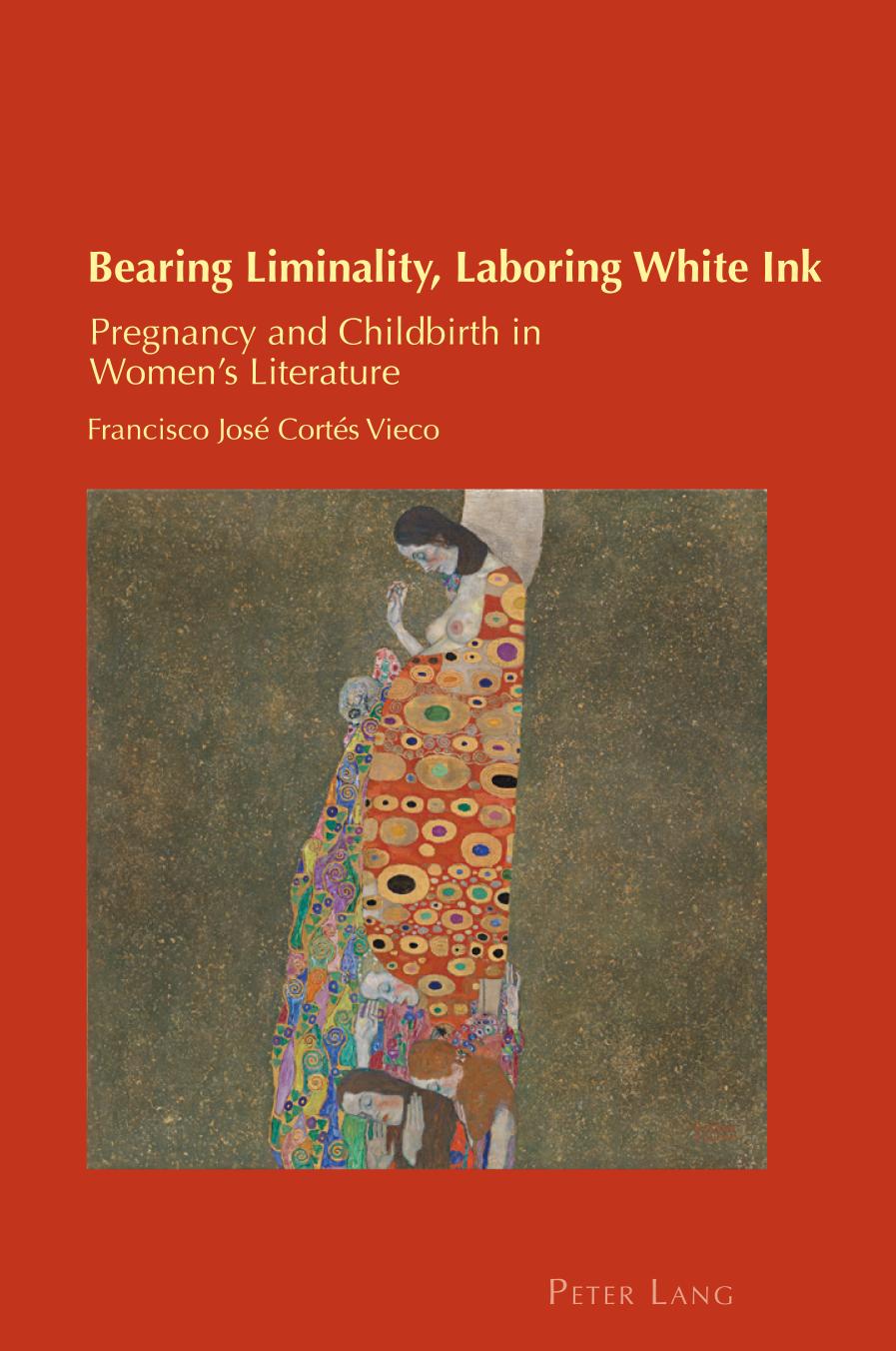

Most ebook files are in PDF format, so you can easily read them using various software such as Foxit Reader or directly on the Google Chrome browser.
Some ebook files are released by publishers in other formats such as .awz, .mobi, .epub, .fb2, etc. You may need to install specific software to read these formats on mobile/PC, such as Calibre.
Please read the tutorial at this link: https://ebookbell.com/faq
We offer FREE conversion to the popular formats you request; however, this may take some time. Therefore, right after payment, please email us, and we will try to provide the service as quickly as possible.
For some exceptional file formats or broken links (if any), please refrain from opening any disputes. Instead, email us first, and we will try to assist within a maximum of 6 hours.
EbookBell Team

4.8
74 reviewsLiterature has been a bastion of male creativity, not of female procreativity, which has traditionally inhibited the voices of women and disempowered their self-expression. This book explores the underestimated legacy of women's fiction and (semi-)autobiographical works about pregnancy and childbirth in Great Britain and North America during the nineteenth and twentieth centuries, highlighting the symbiosis between the processes of childbearing and writing, problematizing female subjugation to the patriarchal institution of motherhood, and compensating for the silence around the experience of becoming a mother in literature.
Drawing on the anthropological concept of liminality, controversies about maternity within women's liberation movements, and milestones in French feminist theory, this book discusses pregnancy and childbirth as transformative events that can engender both women's imaginative responses to procreation and re-creations of memories about their prenatal/natal episodes, as well as therapeutic narratives of self-discovery and recovery from pain. Examining the works of authors such as Mary Shelley, Emily Brontë, Jean Rhys, Anaïs Nin, Margaret Drabble, and Toni Morrison, this book posits a literary corpus of procreativity, written by women with an empowering white ink to defend their (un)maternal freedom and (life-)writings.